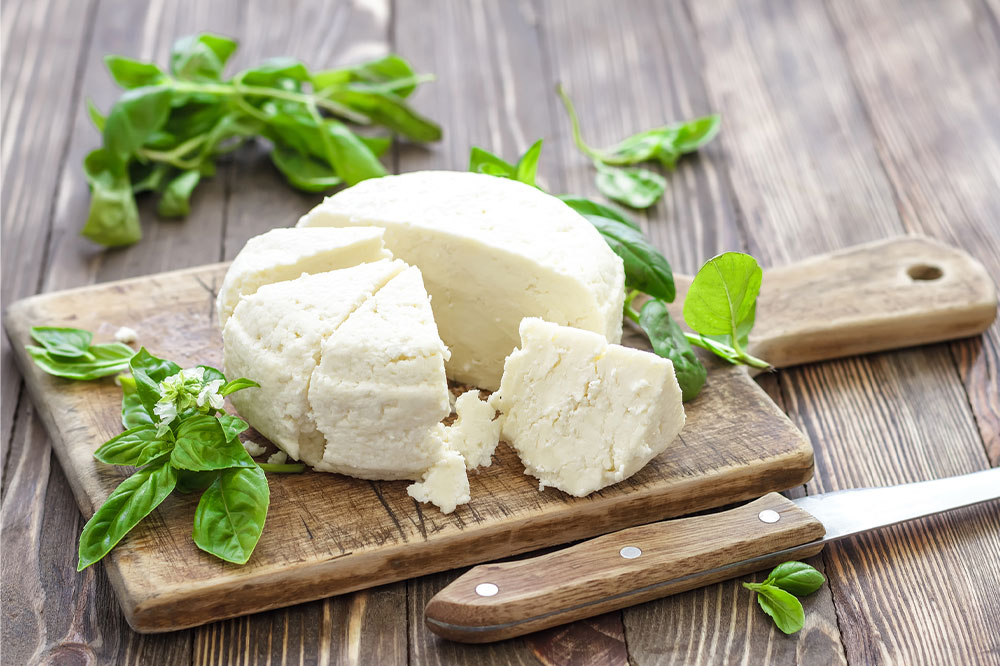
9 Human Foods That are Safe for Pet Cats
Giving your feline friend nutritious meals is important for their growth and development, ensuring a long, healthy life. Several pet food brand options help keep your pet fit and fulfilled, but a home-cooked meal can be an excellent addition to their daily food requirements. Some human foods can be added to wet foods or eaten by boiling them with no seasoning or salt. So, here are some safe human food options for your pet cats.
Salmon
Yes, salmon is extremely nutritious for your cat. It has all the good omega-3 fatty acids and also omega-6 fatty acids, both of which are important. It also contains potassium, selenium, and vitamins B12 and B6, which are essential for good hair, skin, and bones. When feeding your cat salmon, always remove the head, tail, and bones from the fish as they may be hazardous to them if swallowed, as they may poke or irritate their food pipe. Vets always suggest that giving cooked salmon is better than giving raw salmon to help prevent any gastrointestinal issues. Therefore, it is generally advised not to give raw meat to domesticated cats as their digestive system may have a problem.
Eggs
Eggs are a good source of protein and extremely nutritious for cats. They are packed with amino acids and also do not cause any digestive problems in their system. Always cook the eggs before giving them to your cat; you can either boil them, scramble them, or make them any other way that works for you. They make for a great treat option in case you make your treats at home. Just ensure you are not adding any seasoning to it while making it, as it may interfere with the cat’s digestive system leading to vomiting or other issues.
Cantaloupe
Surprised? Yes, cantaloupe can make for a lovely treat option for your cat if they seem to enjoy it. Cantaloupes are a great source of antioxidants, fiber, vitamin C, and also beta-carotene. Why do cats choose this fruit? According to research, cantaloupe omits a scent that mimics the scent of proteins in meat. This scent can make this fruit highly appetizing to your feline friend. Make sure to only give the fleshy part and not the rind to chew on. Also, this is a low-calorie food, so don’t worry if your cat starts to snack on these every now and then.
Spinach
Just as for humans, spinach is nutritious for cats as well. These leafy greens are filled with vitamin C, which is helpful in the absorption of iron from the foods. Thanks to the fat-soluble pigment called chlorophyll, which gives the spinach its color, it is also high in antioxidant properties. Simply boil and make a puree of this vegetable and add it to their regular food bowl. First mix it in small batches to see if your cat really enjoys it or not. However, while this leafy green is highly nutritious, beware of any calcium oxalate bladder stones history in your cat. If they have had that condition, it is better to avoid giving them spinach as it increases the risk of the condition over time.
Oatmeal
Oatmeal can make for a healthy meal for your cat, just as it is a healthy meal for humans! In fact, a lot of cat food brands do put oatmeal in their packaged food. Purina sells a Pro Plan Sensitive Skin and Stomach Tuna and Oatmeal wet cat food product, which is very popular. Some people may mix oatmeal with milk to make it soft, but it is advised to use water instead of milk for cats as it may create some digestive issues. Along with fiber, oats are a great source of protein and also good fats.
Chicken
Any type of meat is usually really enjoyed by cats, including chicken. It is important though to feed them plain boiled chicken without any salt or seasoning, so make sure you do not add anything to the cooking process. They can also drink chicken broth, which can be extremely nutritious and hydrating for them. Cats are known for drinking less water so you can easily use chicken broth to increase their daily hydration. Also, adding wet foods to their food regime might be a huge plus. Some brands that make wet foods with chicken as one of the ingredients include Chewy’s Chicken Flavored Wet Cat Food, Purina One Grain Free Chicken Wet Cat Food, and also Instinct Pet Food’s Original Chicken Wet Cat food.
Fish oils
Fish oils are usually taken by humans, but they are great supplements for cats as well. Fish oils have been studied to treat allergic skin diseases and even some types of cancer. This can be an essential part of your pet’s daily nutritional needs. There are various options, like cod liver oil or salmon oil, which are beneficial to cats. They contain omega-3 fatty acids, which are especially helpful for pets with dry skin who live in cold regions.
Bananas
These are one of the most mild and non-toxic foods to introduce in your cat’s meal plan. You can give small portions of bananas and just be careful to observe if the cat is responding well to this addition in the food. Make sure to look out for symptoms like diarrhea, constipation, vomiting, or regurgitation.
Pumpkin
Boiled, mashed pumpkin has been usually given to dogs with their other meals, but this is also a safe human food that can be added to your cat’s meals. Pumpkin has several nutrients like potassium, calcium, phosphorus, vitamins C, A, and K, along with fiber, which keeps the cat’s digestive system healthy. It is possible that your cat may not love the taste at first, but adding pumpkin puree to their favorite food can do the trick. Or there are some wet food brands that have pumpkin as an ingredient, like Chicken with Pumpkin in Broth Can by Reveal.


